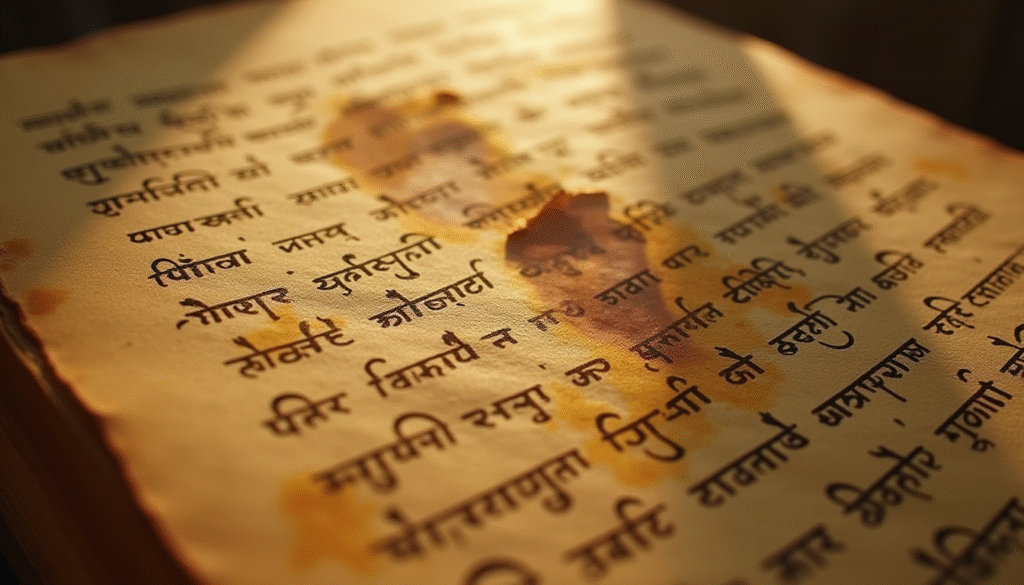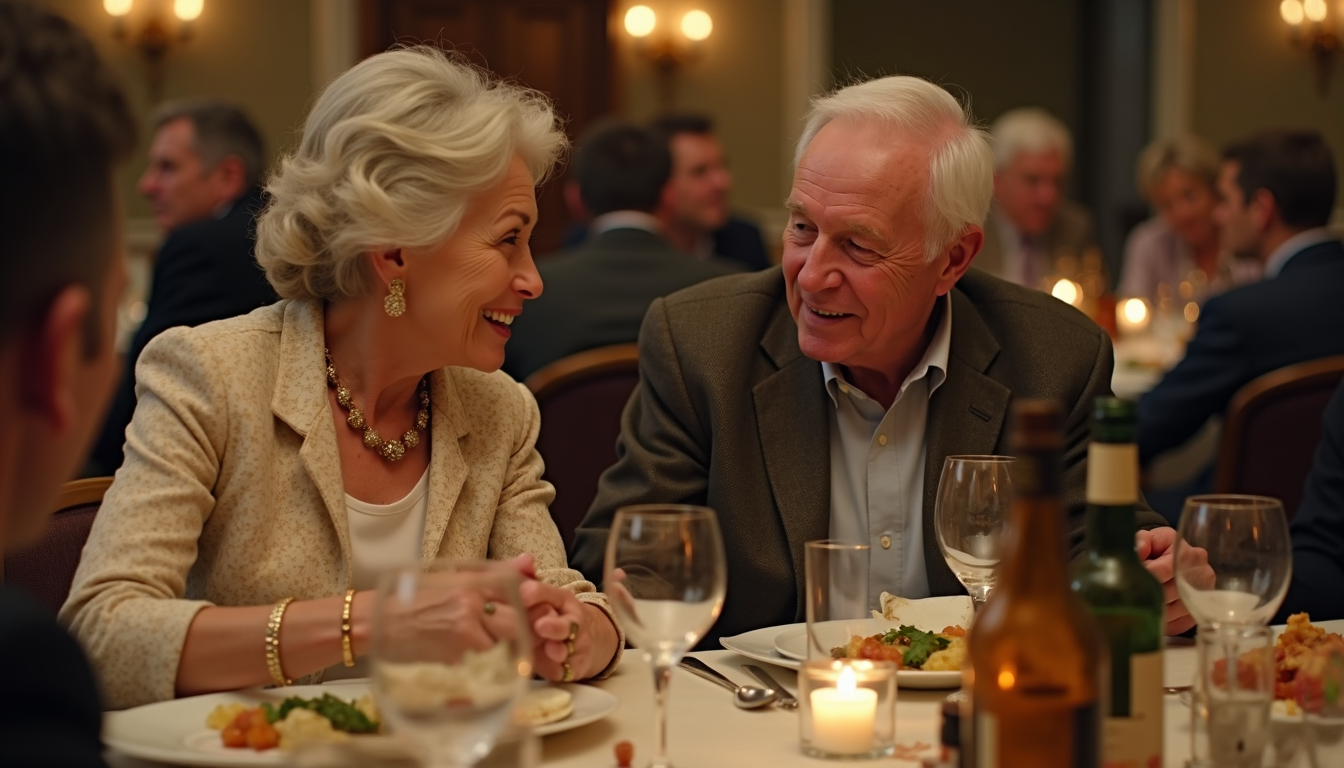Lost in Translation? The Silent Fading of India’s Tongues and the Worlds They Hold
There’s a story my grandmother used to tell, a folktale passed down through whispers and winter evenings. She told it in Malayalam, her voice a soft, rhythmic melody that rose and fell like the backwaters of our home. I understood it then; a child curled in her lap. I can barely grasp its edges now. The words have faded, like an old photograph left in the sun. The story remains, but its specific music, the unique cadence that carried the scent of jackfruit and the monsoon rains, is almost gone.
This isn’t just my story. It’s a quiet, echoing story across India. We are a country that proudly boasts of hundreds of languages, a symphony of human expression. But walk through this linguistic landscape, and you’ll hear the fragile threads snapping, one conversation, one generation at a time.
This isn’t just about words. It’s about entire worlds on the brink of silence.
The Symphony of Silence: What Are We Losing?
We often think of language as a tool, a utilitarian code for transferring information from one person to another. But a language is so much more. It’s a unique operating system for reality. It’s a cultural DNA.
- A Unique Lens on the World: Every language packages the world differently. Think of the beautiful, untranslatable words. The Tulu word arbale, describing the reflection of the sun or moon on water. The Khasi word nam, which doesn’t just mean a village but encompasses the people, the land, and the spirit of the place itself. When a language dies, it doesn’t just take a vocabulary with it; it shatters a unique lens through which to see, understand, and poetically describe our existence. We don’t just lose a word for “moonlight on water”; we lose the very concept as a shared, cultural idea.
- The Library That Burns Down With the Last Speaker: An oral tradition is a library whose books are never written down. Epic poems, folktales, ancestral histories, medicinal knowledge of local plants, agricultural practices fine-tuned over millennia—all of this is stored in the language. The Great Andamanese languages, for instance, hold intricate knowledge of the island’s ecosystem, from migratory patterns to the medicinal properties of endemic flora. When the last speaker of a language like Bo dies, it is not a person dying. It is a library burning to the ground. Forever.
- The Anchor of Identity: Your language is your first home. It’s the sound of comfort, of lullabies, of scolding, of love. It’s the private joke shared with a grandparent, the secret code between siblings. To have that language marginalized, called “dialects” or “vernacular,” is to have the very foundation of your identity subtly undermined. It tells a people that their way of being, their history, their humour, is not valuable enough to preserve.
The Whys: Why Are the Voices Fading?
The erosion isn’t malicious. It’s a slow, steady pressure from a confluence of forces.
- The March of “Progress” and “Opportunity”: For generations, fluency in English or Hindi has been sold as the golden ticket. It’s the language of elite education, of high-paying jobs, of social mobility. Parents, with the best intentions, stop speaking their native tongue to their children, hoping to give them a head start in a world that rewards linguistic homogeneity. The mother tongue becomes the kitchen language, whispered and then, eventually, not spoken at all.
- The Digital Divide: In the 21st century, if your language isn’t online, it doesn’t exist to a large part of the world—and increasingly, to its own youth. Dominant languages flood the internet, social media, and entertainment. When a young person can’t send a text, find a meme, or watch a popular show in their native language, that language begins to feel irrelevant, outdated, a relic of a past they are trying to escape.
- Intergenerational Breakdown: This is the quiet heart of the crisis. The natural flow of language from grandparents to parents to children has been disrupted by urbanization, migration, and the pressures of assimilation. The grandparents remain in the village, speaking the old tongue. The parents move to the city, becoming bilingual but often favouring the dominant language. The children are born into the city, their world saturated with Hindi and English. The chain is broken. The language of the ancestors becomes a foreign language to the descendants.
The Fraying Tapestry: Why Should We Care?
You might ask, “But isn’t it more efficient if we all speak one or two languages?” Perhaps. But efficiency is a poor metric for the human spirit. A monoculture is a fragile thing.
- Cognitive Diversity: Linguistic diversity is a form of intellectual diversity. Different languages solve problems, describe emotions, and understand time and space in different ways. Losing languages is like shutting down different schools of thought. We need every tool in our cognitive toolkit to face the complex challenges of the future.
- Cultural Resilience: Our languages are repositories of adaptive knowledge. Tribal languages contain vast wisdom on living sustainably in specific, often harsh, environments. They hold the keys to biodiversity, climate adaptation, and traditional healing. In our rush toward a globalized future, we are discarding the very instruction manuals that might help us live better on this planet.
- The Right to a Heritage: Preserving a language is an act of justice. It is a way of saying to a community: “Your history matters. Your stories matter. Your way of seeing the world is valid and valuable.” It is a fight against cultural erasure, a stand for the beautiful, messy, magnificent plurality that is India’s true strength.
Weaving the Threads Back Together: What Can Be Done?
This isn’t a lost cause. It’s a call to action. The work isn’t just for linguists and policymakers; it’s for all of us.
- Start at Home: If you understand a language, speak it. To your parents, your children, your friends. Don’t let it become a secret language. Normalize its sound in your home.
- Demand Digital Space: Support apps, platforms, and content creators who are building digital content in endangered languages. Follow them, share their work, and create demand.
- Celebrate, Don’t Tolerate: Move beyond mere tolerance of linguistic diversity to active celebration. Be curious. Learn a few words of a language spoken by a friend. Ask about the stories.
- Support the Keepers: Organizations like the People’s Linguistic Survey of India are doing heroic work in documentation and revitalization. Support them, amplify their message.
The goal isn’t to stop the world. It’s to make sure we don’t all end up in the same, monotonous corner of it. It’s to ensure that a child in the future can still hear a folktale in its original music and feel the same connection to the past that I felt in my grandmother’s lap.
It’s to ensure that we don’t, in our pursuit of a unified future, lose the translation for our own soul.



